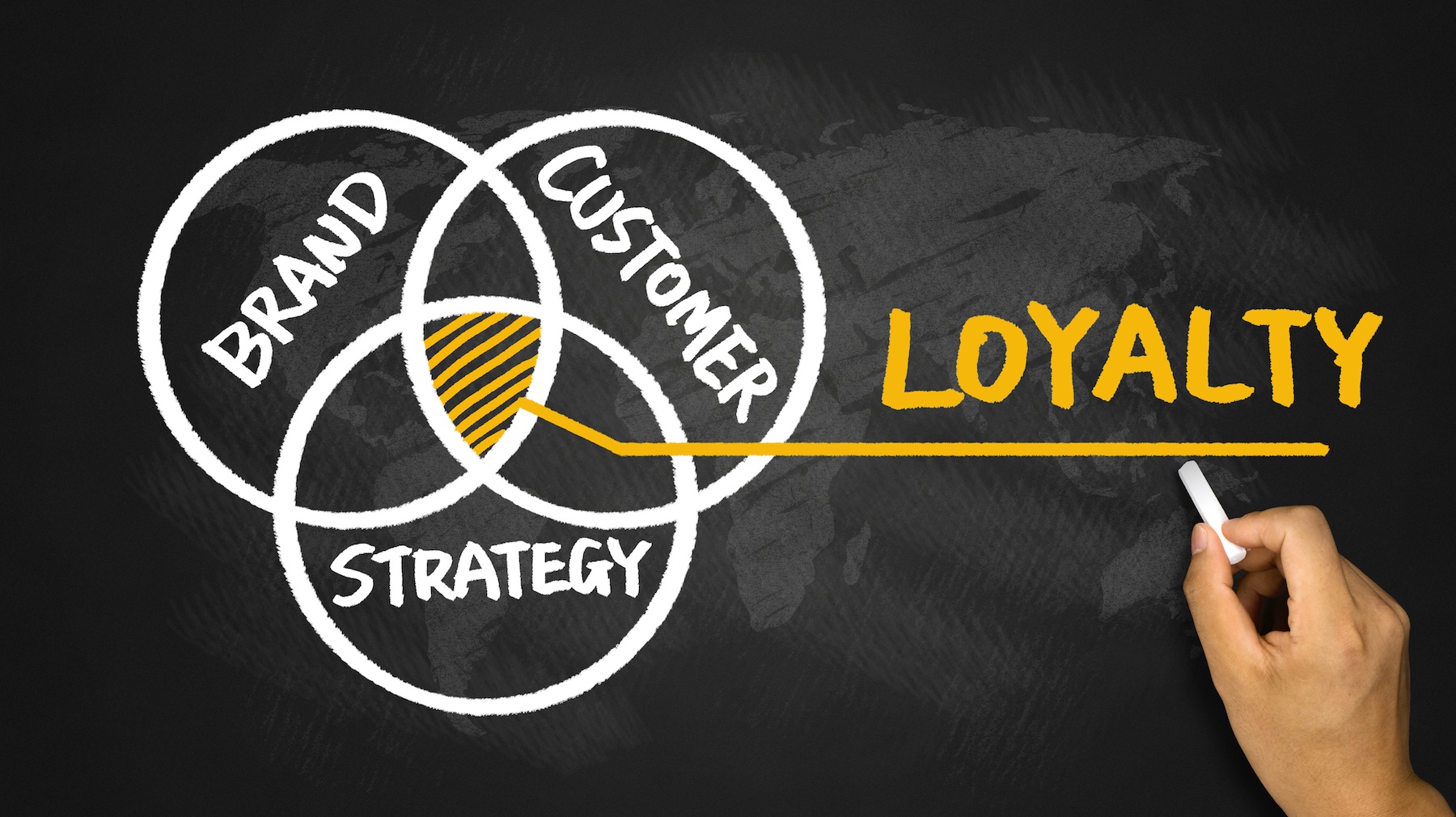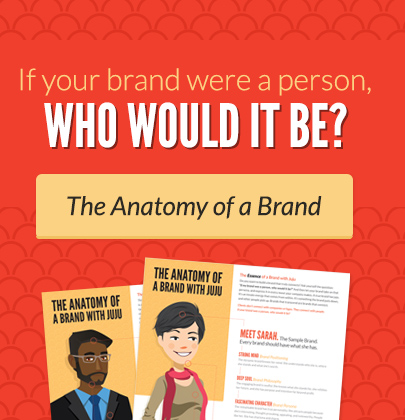You’ve got a small business and money is tight. The last thing you can afford is a sophisticated ad agency and a complicated brand. So you tell yourself that branding is for the big boys and you move ahead, piecing together your company’s image along the way. You tell yourself it’s not important; that you can do it yourself, that no one expects a small company to have a big brand. You see it as an expense, rather than an investment, and you can’t believe it will ever pay for itself.
Here’s why you’re wrong.
A brand is your company’s voice in the world. Potential customers will make snap decisions about you and your company based on your brand. They’ll decide whether you’re a pro or an amateur in a split second. And over the long haul, they’ll become loyal to your brand – and what it stands for – rather than what your company provides.
You don’t need a big agency to produce a strong brand. With the right know-how, you can create your own brand strategy that’s sound and really compelling. But you do need a strategy. And you need one right away.
Here are 12 reasons you need a strong brand.
- Credibility. Image is everything, and potential customers will come to trust you – or not – based on the image you project. There’s no “time to get to know you” when consumers are searching for you online. They’ll judge you solely based on what they see, before you have time to say a word.
- Expectation Management. Your brand makes promises to your customers. A well-developed brand shares key information like your price-point, your expertise and your style. With a strong brand you’ll set yourself up for success, because consumers will understand just what they’re getting long before they purchase.
- Distinction. A good brand lifts your company out of a crowded marketplace. It distinguishes you from the competition. It sets you apart and attracts your tribe.
- Unity and Purpose. A well-crafted brand creates unity among all who work with you and for you. Your employees, subcontractors, and suppliers will know exactly what they should deliver, and will share in a common sense of purpose, based on the values and boundaries set through your brand.
- Resource Allocation. Branding is an exercise in strategy. Once you determine what your company is, and is not, you can safely establish “non-negotiables” rooted in your brand. When it comes time to make decisions about resources (money, time, people, exposure), you can more easily make those choices by remaining within the boundaries you’ve established.
- Vision. Your brand is built from company vision. By carefully branding each and every aspect of what you do, your vision will remain in the forefront, day-in and day-out. You’ll find it’s much easier to stay on the path to your vision when your brand leads the way.
- Premium Pricing. Simply stated, a good brand allows you to charge more. Consumers are much more willing to pay for items they relate to and trust. And connection and trust are the very things strong brands are designed to foster. A good brand lifts you up and sets the standards for what you can charge.
- Loyalty. You don’t sell your services or products to markets. You sell them to people. And people are loyal to ideals and values, not products. Your brand establishes and communicates your ideals and values. Consumers who share the same ones will become devoted fans.
- Recognition. If you want consumers to ask for or search for your company by name, they have to remember your name. Branding puts you in front of consumers in an unforgettable way.
- Word-of-Mouth. This follows #’s 8 and 9, above. If people are going to talk about your business, they need to know and remember your business. Trust and connection lead to sharing.
- Clear Messaging. Part of strategic branding is the development of clear and consistent messages. The process allows you to determine exactly what your company will say – and to whom – on a continual basis. People will understand what you offer, and why it’s different than what they could get elsewhere
- Equity. The value of your business grows based upon its reputation. Brands have equity, just like real estate. Over time, a good brand enhances worth by building a loyal fan-base that you can count on again and again. The market reacts by assigning value to your brand.
For successful businesses, branding isn’t optional. But you do have lots of options regarding the way you go about it. You can create your brand strategy – purpose, values, vision, and key messaging – on your own. And you can follow this blog for guidance along the way.
Take a moment to look at the list and think about what your brand is struggling to achieve. Be as honest as you can with yourself.
Then look at the list and think about which pieces your brand helps you achieve, already. Does your brand give you long term vision? Do people love it and tell everyone about it (word of mouth)? Share your brand’s strengths with me in the comments below.





What if you’re brand new to a field and aren’t sure what your brand is yet? Especially if we’ve only had a few clients and they seem to have no major tie-them-all-together factor to recognize as a brand building element. How can we finetune and narrow down what our brand is?
Thanks!
Hi, Sherry. That’s a great question. And there are two parts to the answer. 1) I always tell my clients to start FIRST with identifying their juju. What is it that you bring to the world that is uniquely yours? The thing at which you are the absolute #1 in the world? Owners of smaller businesses will often say, “I can’t be #1. I’m just one person.” But you definitely CAN be #1 at the thing you bring uniquely to the world. And this juju… this is the essence of your brand. (Hint… my juju is juju.) This isn’t an easy task, but it’s imperative to a clear brand. and 2) It’s compelling to think that your brand is about your clients. But it’s not. Your brand is about YOU and YOUR BUSINESS. Your clients will respond to that — and they will become loyal to it. But it’s not about them. So while your current client group is a mixed bag… that’s OK. Think about Apple. They have kids who buy Ipads for game and apps, and seniors who buy Ipads. But their brand is not about the customers. It’s about innovation and design. So when you define your juju, step away from your clients for just a moment, and ask yourself this question: “Why would someone buy from my company, over all the other companies in the word?” Later in the process you can deal with your clients and target markets. I hope that helps. Let me know if you have more questions. I love that you’re reading along!
Great read! I love this point that you made: “Your brand is about YOU and YOUR BUSINESS. Your clients will respond to that — and they will become loyal to it.” Amen to that! =)
That was really helpful advice. Just reading all these posts. So much good stuff…and written so well! So happy to have found you!
Hey, Amy! That’s no nice to hear! Thank you. I hope it brings you toward the success you’re after. And I’m super glad you’re here.